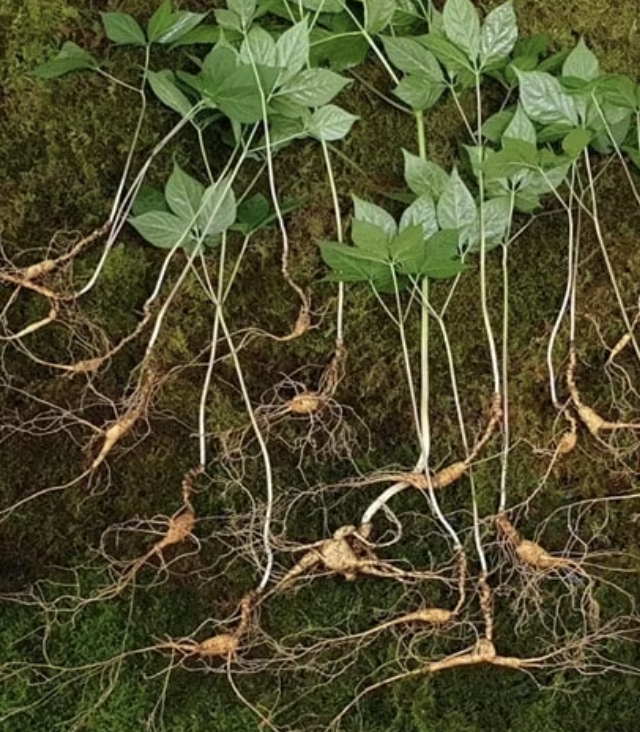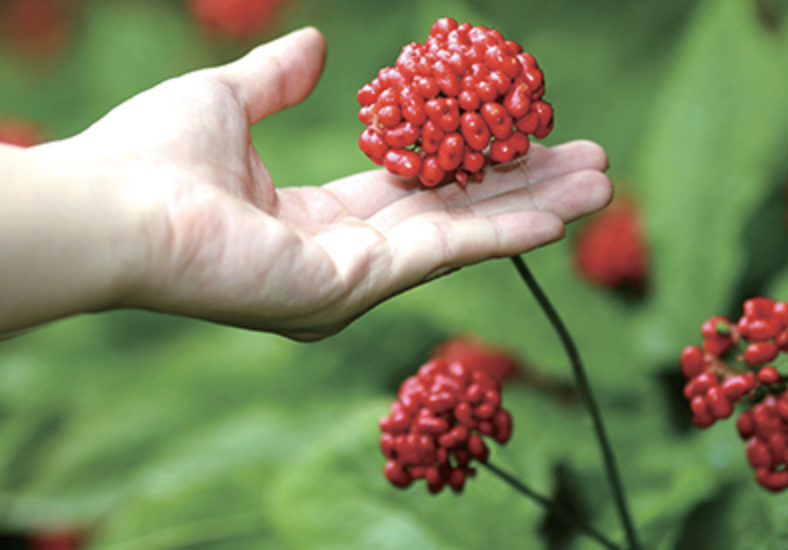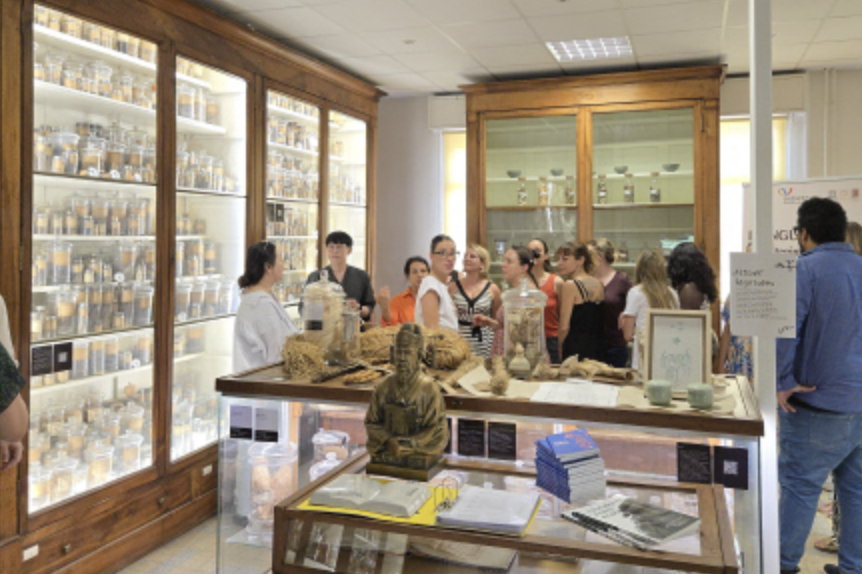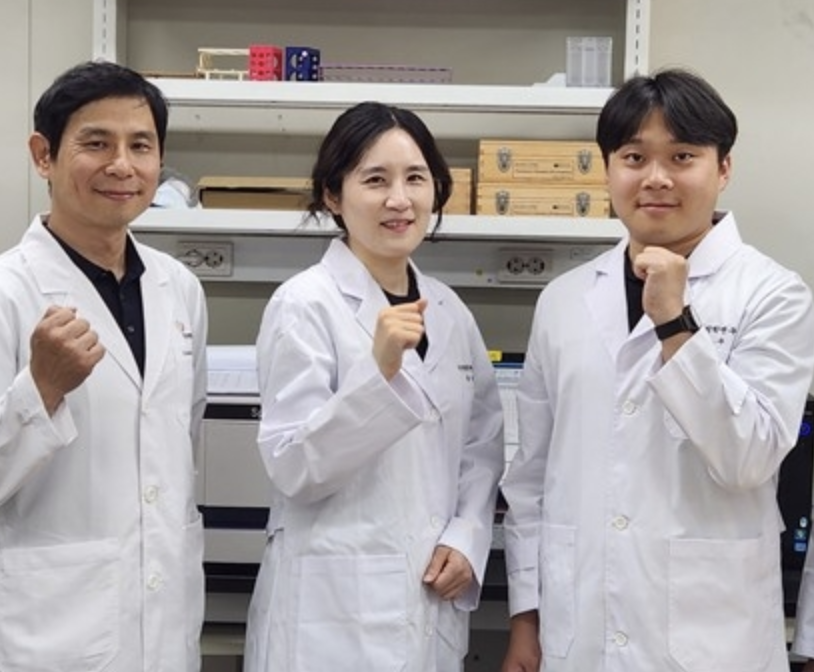
Korean red ginseng supports natural energy recovery and mental alertness.

Fatigue, both physical and mental, has become a widespread concern in today’s fast-paced society. With increasing work stress, lack of sleep, and poor diet, many seek natural remedies for boosting energy and resilience. Among the most respected traditional herbal solutions is ginseng—particularly Korean Red Ginseng (Panax ginseng C.A. Meyer). But how effective is it for fatigue recovery? This article explores scientific evidence, comparative studies between Korean and American ginseng, and real-world testimonials to provide a comprehensive understanding of ginseng’s role in combating fatigue.
👉 Experience the Power of Korean Red Ginseng Extract
Understanding Fatigue: Physical vs. Mental
Fatigue can be categorized into two primary types:
Physical fatigue, which results from strenuous activity or physical exertion.
Mental fatigue, caused by prolonged cognitive activity or emotional stress.
Ginseng has been investigated for its adaptogenic properties, meaning it helps the body adapt to stress and restore balance, making it particularly useful for both forms of fatigue.
Korean Ginseng vs. American Ginseng
While both Korean and American ginseng belong to the Panax family, their ginsenoside profiles differ significantly:
| Type | Key Ginsenosides | Effects |
|---|---|---|
| Korean Ginseng (Panax ginseng) | Rg1, Rb1, Rg3 | Energizing, anti-fatigue, cognitive enhancement |
| American Ginseng (Panax quinquefolius) | Re, Rb1 | Calming, immune-boosting, less stimulating |
Numerous studies suggest that Korean Red Ginseng (KRG) is superior in combating fatigue due to its higher concentration of stimulating ginsenosides like Rg1 and Rg3, which play a key role in ATP production and mitochondrial efficiency—critical factors in energy metabolism.
Scientific Studies Supporting Ginseng’s Anti-Fatigue Effects
Cho et al., 2016 (Journal of Ginseng Research)
A randomized controlled trial of 90 patients with idiopathic chronic fatigue showed that 2g/day of Korean Red Ginseng for 4 weeks significantly reduced fatigue severity, improved mood, and increased serum antioxidant levels.Kim et al., 2013 (Evidence-Based Complementary and Alternative Medicine)
The study demonstrated that ginseng improved VO2 max (oxygen utilization) in athletes and enhanced post-exercise recovery, supporting its physical anti-fatigue benefits.Lee et al., 2018 (Nutrients)
In a double-blind study, mental fatigue induced by cognitive tasks was alleviated significantly in subjects taking KRG extract, with improved attention, reaction time, and reduced cortisol levels.
Consumer Experiences & Long-Term Use
Many long-term users report improved daytime energy, mental clarity, and resilience to stress.
A user study conducted by KGC (Korea Ginseng Corporation) on their flagship product, CheongKwanJang Red Ginseng Extract, showed that 78% of users felt less tired after two weeks, and 65% reported improved work performance.
Some users experienced effects within a few days, while others noticed significant benefits after consistent intake over 4–6 weeks.
Fatigue Recovery Mechanism
Ginseng works via multiple mechanisms:
Regulating the HPA axis, which controls stress hormones.
Enhancing mitochondrial function, improving cellular energy.
Boosting nitric oxide production, improving oxygen delivery.
Increasing antioxidant enzyme activity, reducing oxidative stress.
These mechanisms work synergistically to combat both physical exhaustion and mental burnout.
Safety and Recommended Intake
Ginseng is well-tolerated with few side effects.
Recommended dosage:
1–3g/day of dried root or
100–200mg/day of standardized extract.
Best results are seen with 4–8 weeks of continuous intake.
#GinsengFatigueRecovery #KoreanGinseng #NaturalEnergyBooster #PanaxGinseng #FatigueRelief
👉 Experience the Power of Korean Red Ginseng Extract







